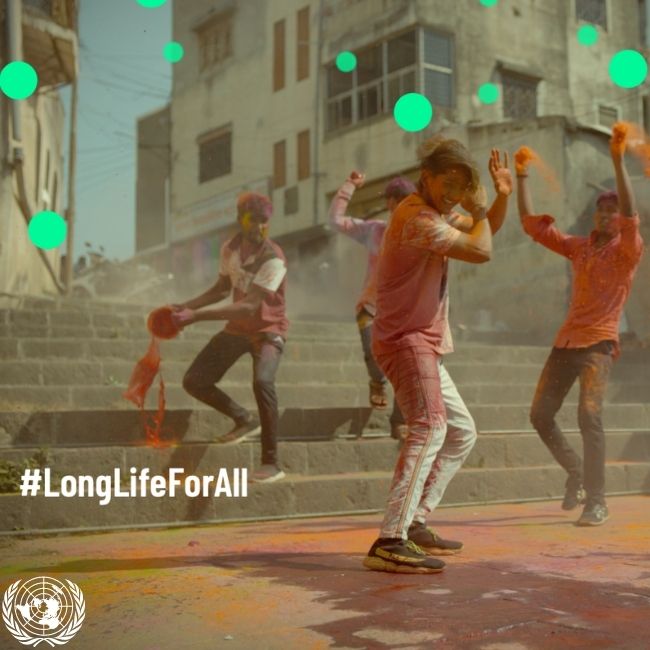
World Immunization Week: 24th – 30th April!
Recommended for Middle Grades
World Health Organisation (WHO) is celebrating World Immunization Week from 24 – 30 April 2022. World Immunization Week is celebrated in the last week of April. Its goal is to encourage the widespread use of vaccinations to keep individuals of all ages safe from illness.
WHO works with countries across the globe to raise awareness of the value of vaccines and immunization. The ultimate goal is for more people – and communities – to be protected.
What is Immunization?
A process whereby a person is made immune or resistant to an infectious disease, typically through vaccination.
What is Measles?
It is a contagious infectious disease caused by a virus. Cough, running nose, high fever etc are the initial symptoms followed by body rashes.
What is Diphtheria?
It is a bacterial infection, which affects the membrane in your nose and throat. It results in swollen glands and a weak body.
What is the theme for 2022?
The theme of this year’s celebration is “Long Life For All”.Vaccines have been saving people’s lives since 1796 when they were first made. The first time someone was vaccinated against Smallpox, they were fighting back. Millions of people have lived longer thanks to them over the last two and a half hundred years. We should all fight for that.
- Immunization is thought to be one of the best and most cost-effective ways to keep people healthy.
- Whether you are young or old, it protects you from dangerous diseases.
- All developed and developing countries are doing a lot of work to spread the word about how important it is to get vaccinated (oral or injected way to give preventive medicines).
- There are nearly 20 million children who haven’t been vaccinated or haven’t been vaccinated enough in the world today, says WHO.
Significance amid COVID-19
During the Covid-19 pandemic, researchers did their best to develop vaccines to combat the harsh effects of the coronavirus. Within a year, various scientists from around the world developed vaccines which boosted immunity and helped many people to fight the disease.
Measles
- Even though there have been a lot of campaigns, the world has seen a lot of measles, diphtheria, and other vaccine-preventable diseases in the last two years.
- Over a million people in India got measles last year. About 110,000 people, mostly children, died of measles in 2017, according to a study by UNICEF.
- Indian kids missed out on the first dose of the measles vaccine in 2017 because they were too young.
- Until March 2022, there have been more than 110,000 cases of measles reported around the world, which shows that vaccination campaigns don’t work.
What can we do?
- Talk about the significance of vaccination among the communities
- Ensure younger family members are given timely vaccination.
Curious Times is a place where we’re passionate about what we do. Consequently, we work hard every day to give our young readers the greatest possible experience and information. We also use Curious Times Weekly, The Curious Magazine, and My Expressions to communicate with our audience. As a result, our content is exciting and interesting for our readers.
Schoolchildren from all around the world appreciate and enjoy our materials. So, we’re always looking for ways to improve, and are curious to hear from you. This, above all, assists us in providing better service to you.
Thus, what sort of news stories capture your interest? In the comments section below? Please share your thoughts! For the simple reason that we enjoy hearing from our young readers. The following social media platforms allow you to communicate with us: WhatsApp, Instagram, Facebook, Youtube, Twitter, and LinkedIn.
0 (Please login to give a Curious Clap to your friend.)
